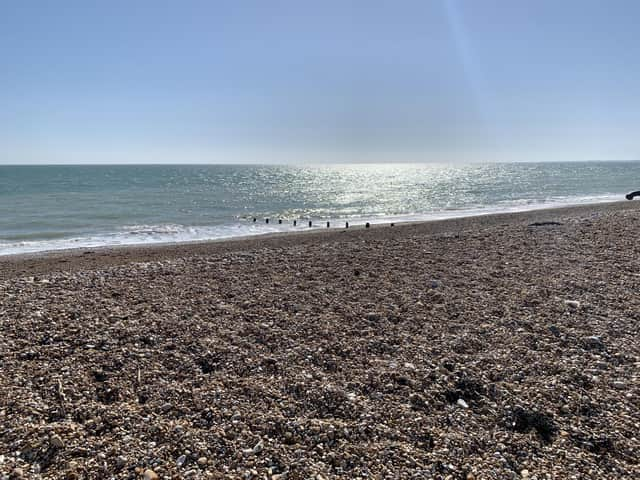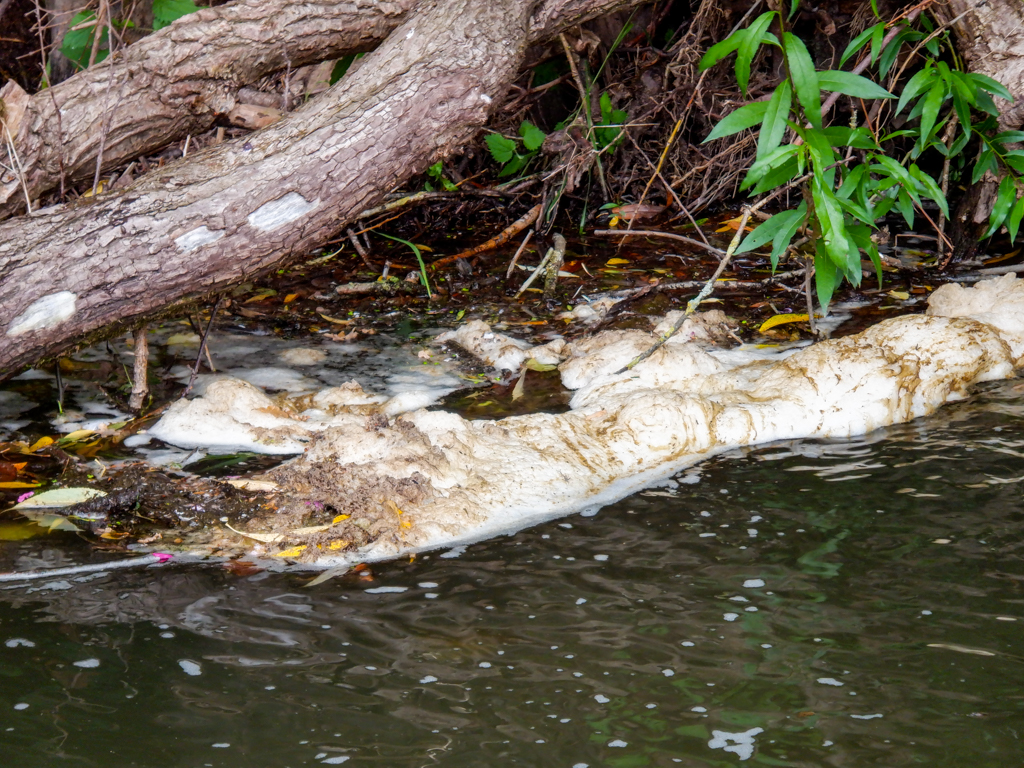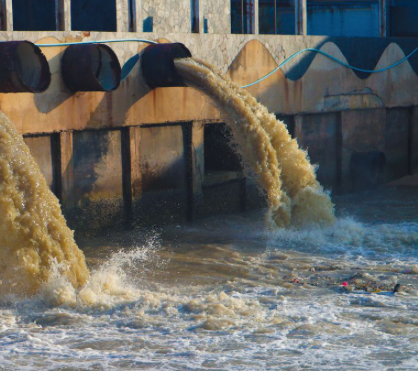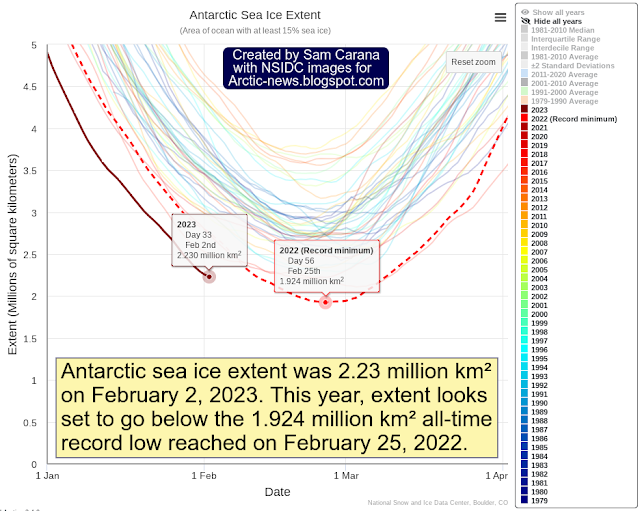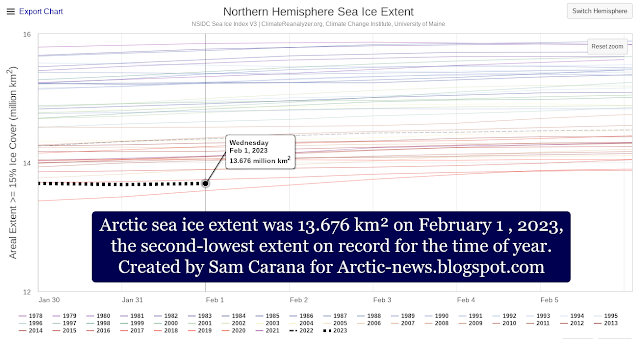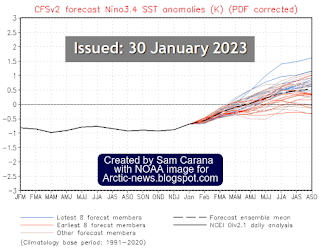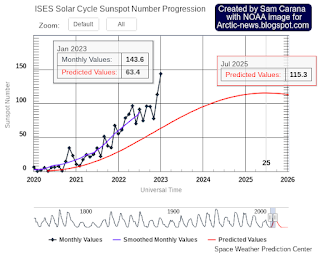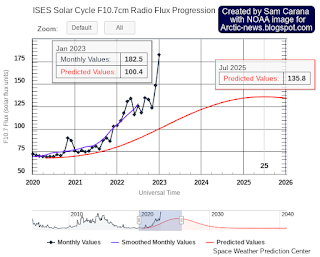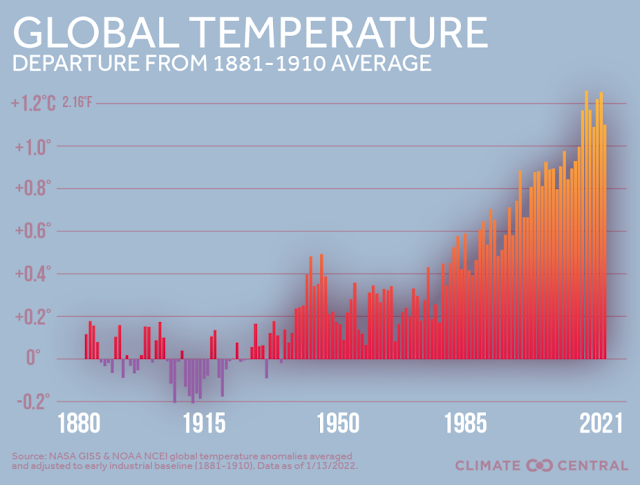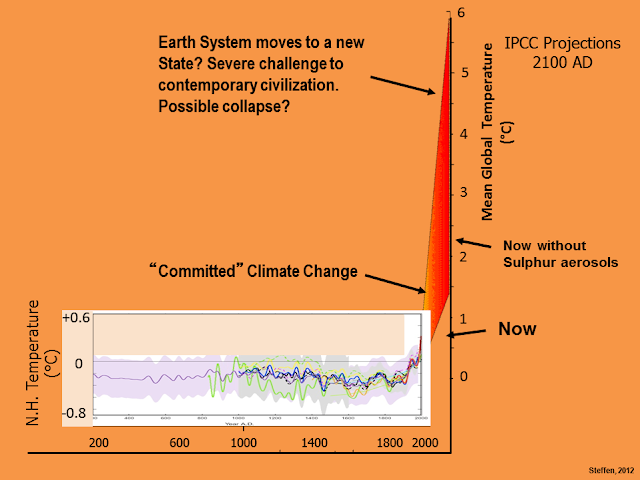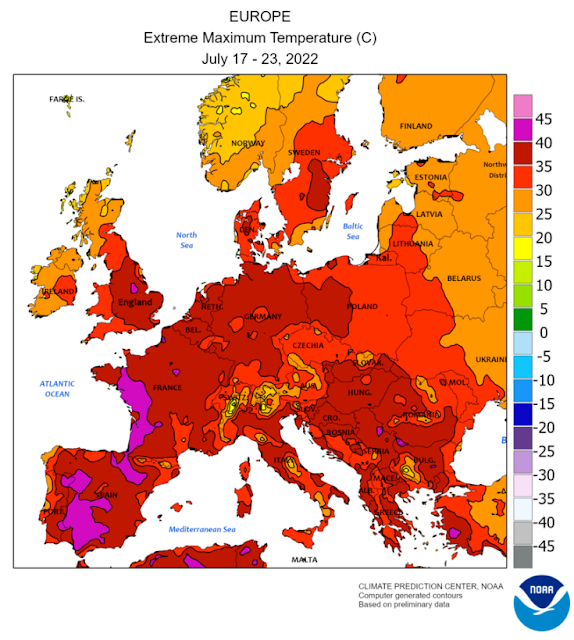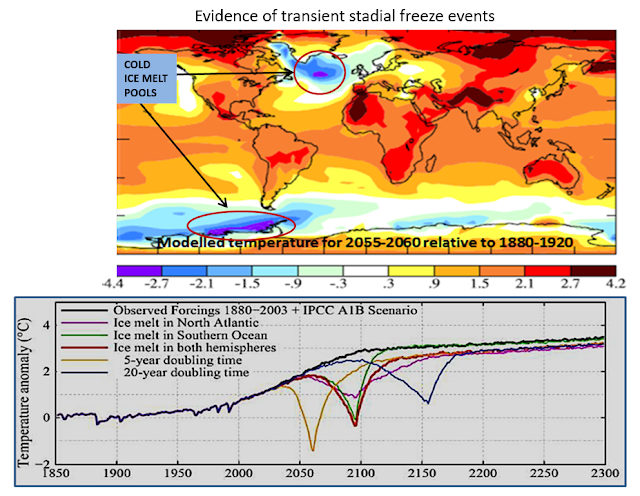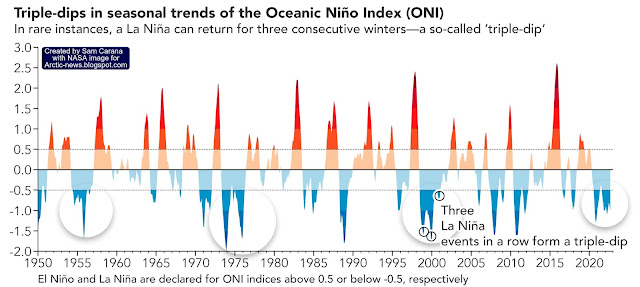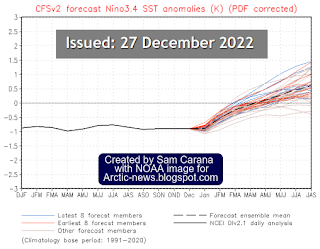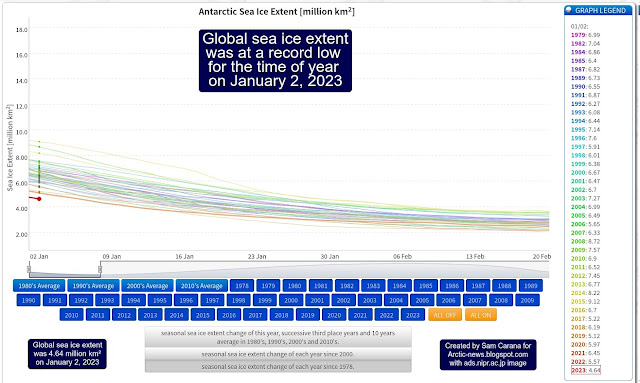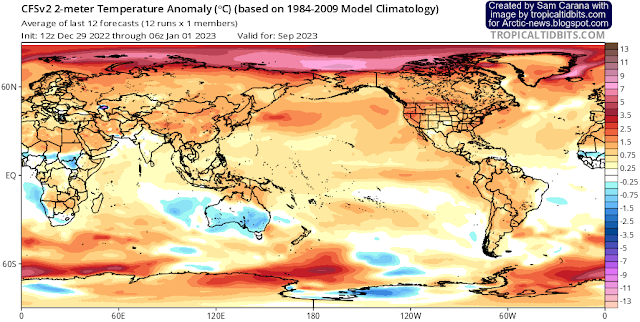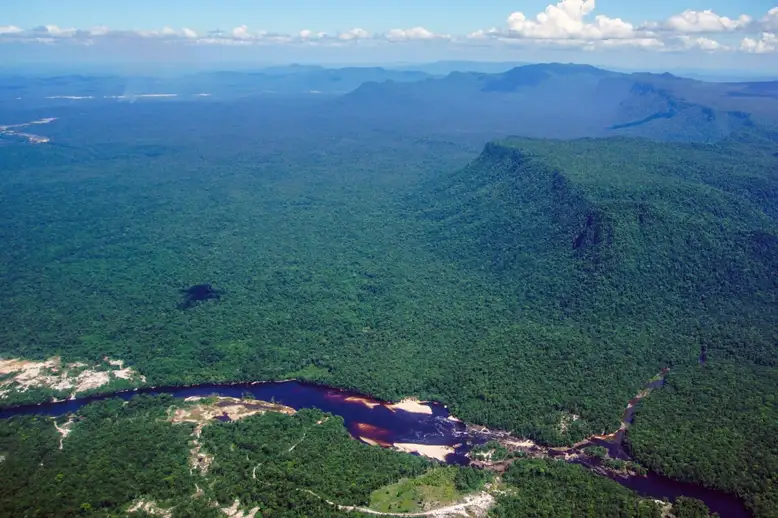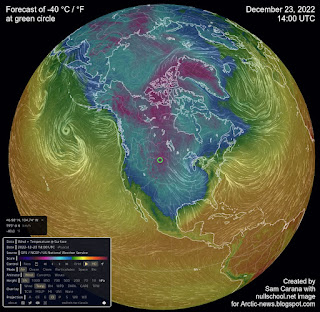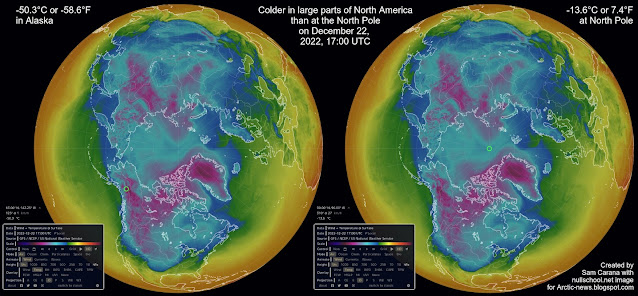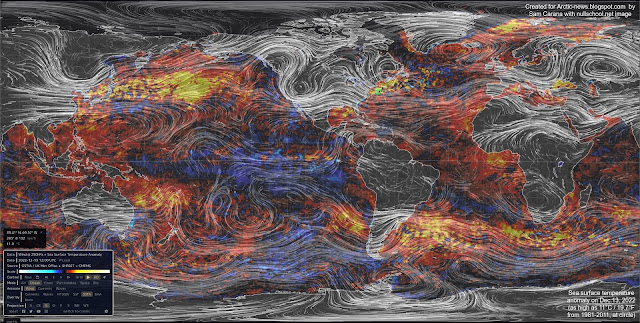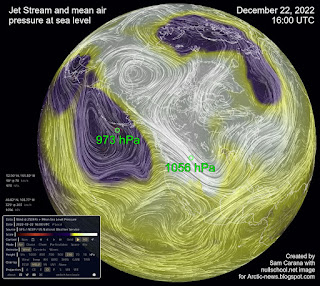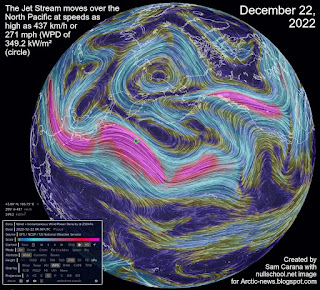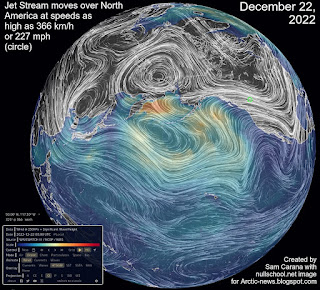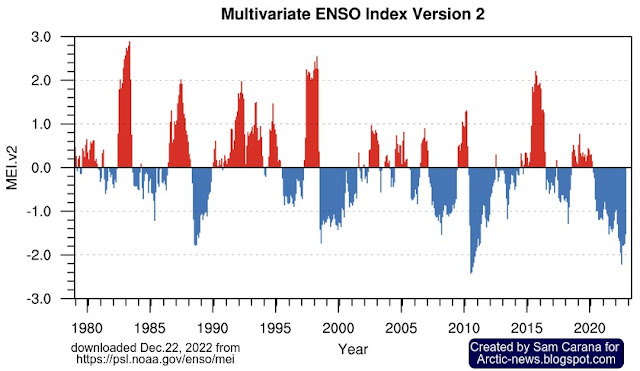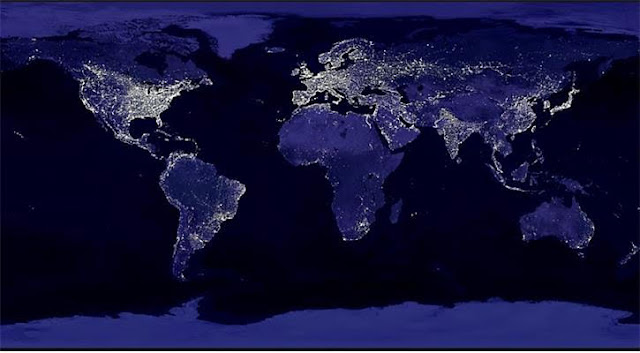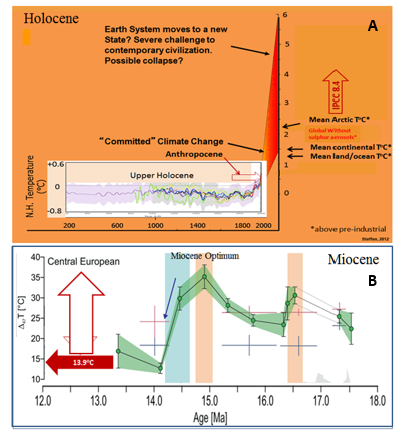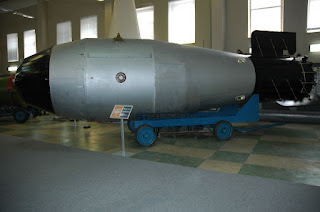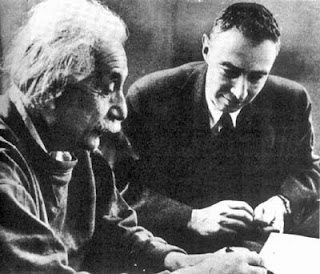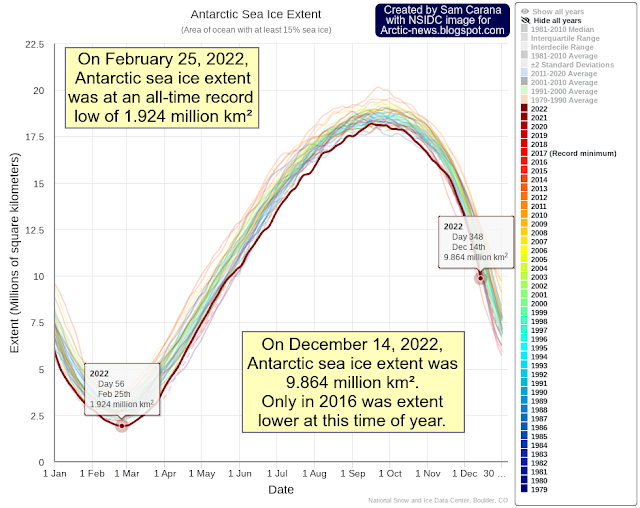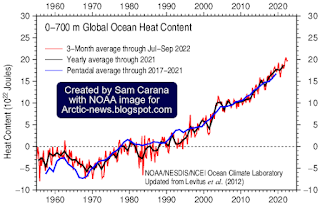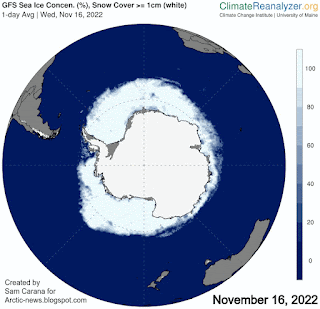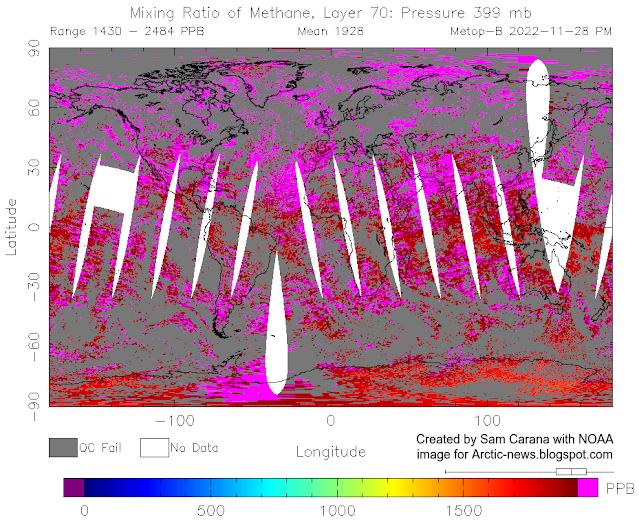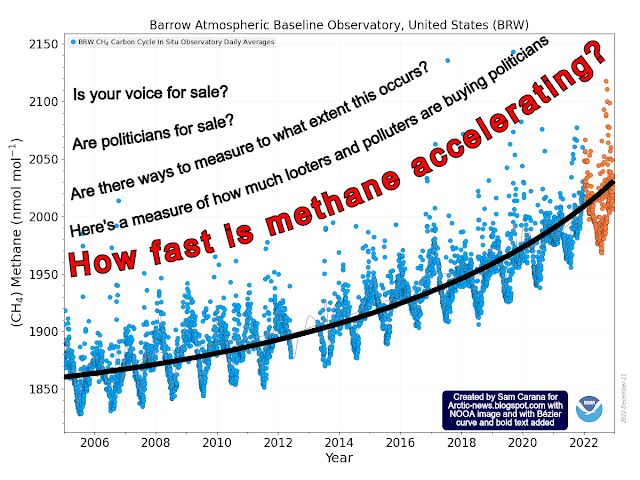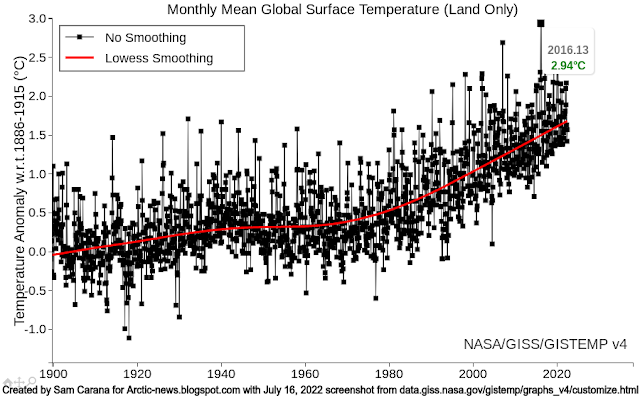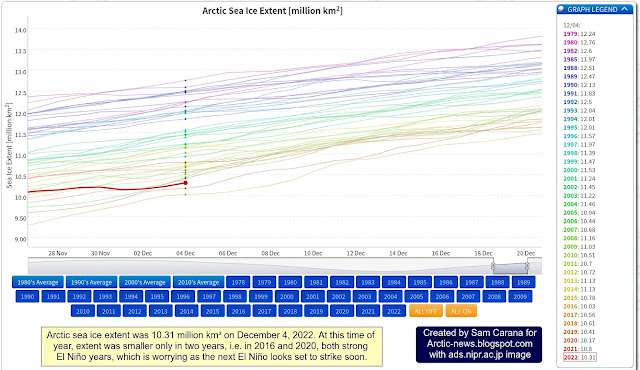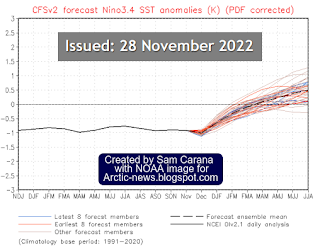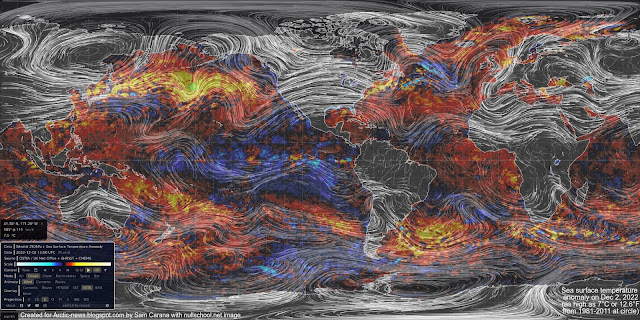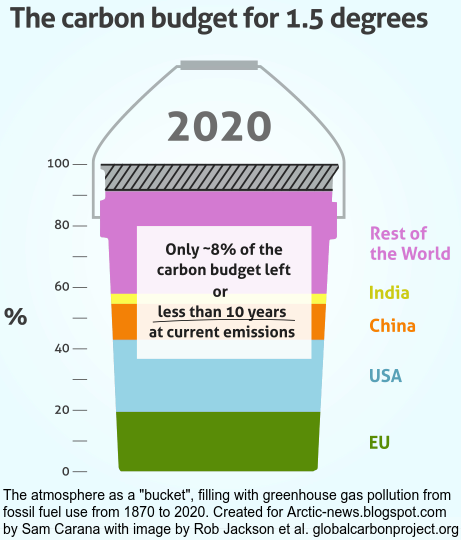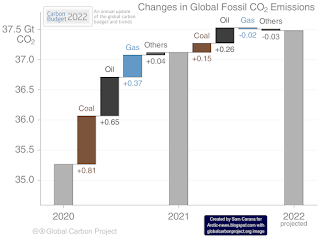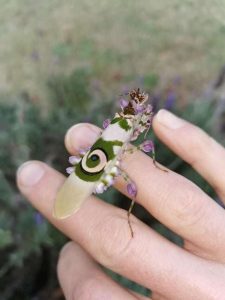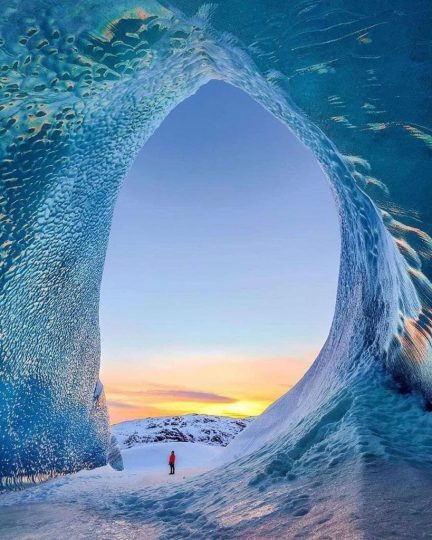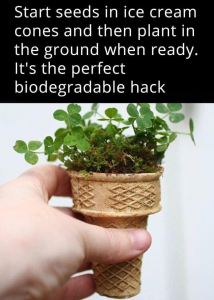Thoughts on saving the planet
Ocean treaty agreed in momentous success after 10 years negotiation
After ten years of discussions, nations have secured a historic agreement to safeguard the world’s seas. The High Seas Treaty intends to conserve and restore marine life by designating 30% of the oceans as protected areas by 2030.
After 38 continuous hours of talks and 10 years of negotiations, the deal was struck on Saturday evening at the United Nations headquarters in New York.
The talks had been stalled for years due to conflicts over finance and fishing rights. The latest international accord on ocean conservation, the UN Convention on the Law of the Sea, was signed 40 years ago in 1982. This agreement established the high seas – international waters in which all countries have the right to fish, ship, and conduct research – however just 1.2% of these waters are protected. Sea species living beyond these protected regions have been under risk from climate change, overfishing and maritime traffic. According to the International Union for Conservation of Nature’s most recent estimate of worldwide marine species, approximately 10% are at risk of extinction (IUCN).
These new protected zones, established by the treaty, will limit the amount of fishing allowed, the routes of shipping channels, and exploratory operations such as deep sea mining, which involves extracting minerals from a sea bottom 200m or deeper below the surface.
Environmental organisations have been concerned that mining methods might damage animal mating areas, produce noise pollution and be harmful for marine life. The International Seabed Authority that handles licencing have stated that “any future activity on the deep seabed would be subject to severe environmental laws and oversight to ensure that they are carried out sustainably and responsibly”.
According to the International Union for Conservation of Nature’s most recent estimate of worldwide marine species, approximately 10% are at risk of extinction (IUCN). These new protected zones, established by the treaty, will limit the amount of fishing allowed, the routes of shipping channels, and exploratory operations such as deep sea mining, which involves extracting minerals from a sea bottom 200m or deeper below the surface.
Environmental organisations have been concerned that mining methods might damage animal mating areas, produce noise pollution and be harmful for marine life.
According to the International Seabed Authority, which controls licencing, “any future activity in the deep seabed will be subject to strict environmental regulations and oversight to ensure that they are carried out sustainably and responsibly”.
Rena Lee, UN Ambassador for Oceans, dropped the gavel after two weeks of tense discussions, with the primary point of contention being the exchange of marine genetic resources. Marine genetic resources are biological materials derived from plants and animals found in the ocean that may be used to benefit civilization in the form of medications, industrial operations, and food.
Richer countries now have the resources and financing to explore the deep ocean, but poorer countries wanted to ensure that any advantages discovered are distributed evenly.
This is a watershed moment in conservation, demonstrating that in a divided world, conserving environment and people can win over geopolitics. Governments will, however, need to gather again to formally accept the accord, and there will be more work to be done before the treaty can be implemented.

